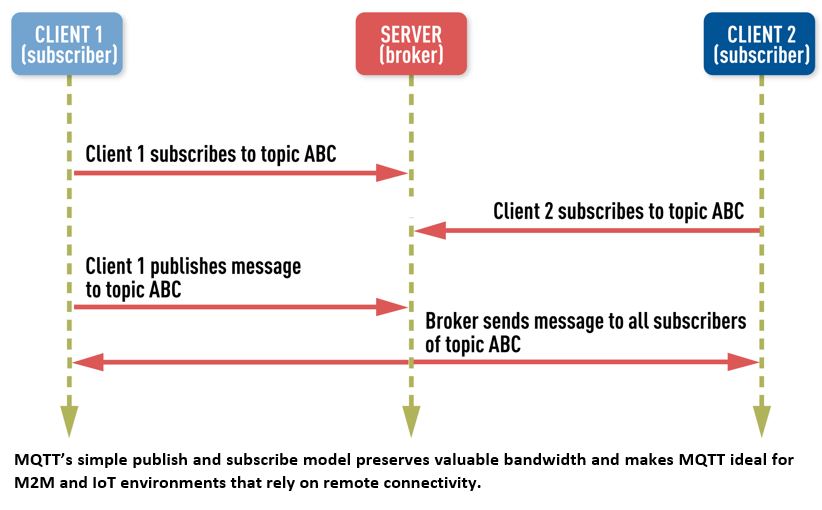HCC Embedded adds MQTT connectivity protocol to networking and security suite for reliable IoT applications

HCC Embedded, a provider of software for securely storing and communicating embedded data, has added MQTT Internet of Things (IoT) protocol support to its suite of connectivity and security software.
MQTT is a small, low-bandwidth networking protocol ideally suited for connecting the growing number of embedded applications that are remotely monitored through an Internet connection. HCC Embedded’s MQTT implementation runs on HCC’s trusted TCP/IP stack to reduce time to market and uses verifiable TLS to secure IoT cloud connections.
MQTT protocol supports sporadic messages from thousands of devices that publish information to a central broker. This simple publish/subscribe model sends updates only when data changes, preserving valuable bandwidth and making MQTT ideal for use in constrained settings such as M2M and IoT environments that rely on remote connectivity or require a small footprint.
For example, an elevator company could collect data from temperature, vibration, speed, door monitoring, or position sensors fitted on thousands of elevators, and apply machine-learning techniques to that database of information to more efficiently manage its maintenance and operating costs.
When a secure connection is required, HCC provides a verifiable TLS module to handle encryption independently of MQTT. Additionally, a client can provide a user name and password so that the broker can authenticate the client. When MQTT operates over a TLS connection, both the client and the server can authenticate each other using x.509 certificates.
Dave Hughes, CEO of HCC Embedded, said, “The potential benefits of MQTT are huge, but for those benefits to be fully realised in a given IoT solution, that solution must be built on a high-quality software platform. Furthermore, verification of the development platform will ensure your data is reliable, safe, and secure. With the addition of MQTT protocol to our TCP/IP stack, IoT device developers are assured the highest level of software quality, backed by a complete MISRA report with strict rule enforcement.”
HCC’s TCP/IP stack was developed with a rigorous approach to quality using a subset of the “C” language. This approach adheres to the MISRA-C:2004 standard and was validated using advanced verification tools. The TCP/IP stack operates efficiently through a memory-management system that takes advantage of zero-copy algorithms and is based on static memory allocation that can use available dedicated memory areas and caches.
All software comes with optimised Ethernet drivers and will integrate with any RTOS. The HCC stand is Hall 4-671 at Embedded World in Nuremberg.
Comment on this article below or via Twitter @IoTGN

